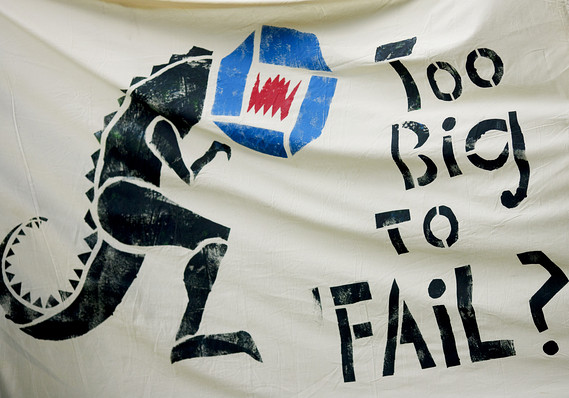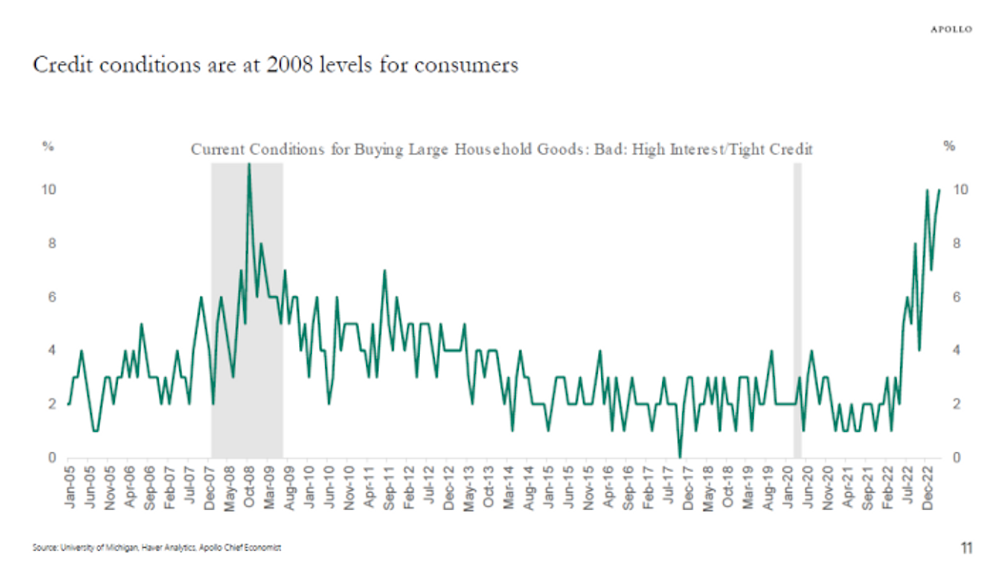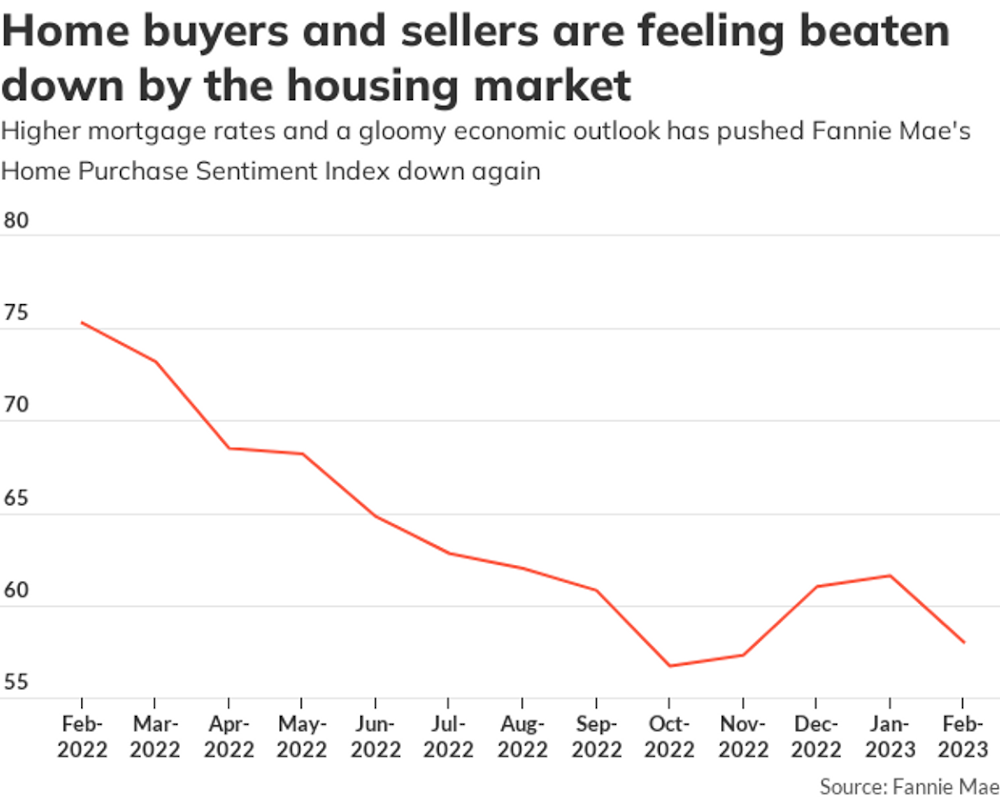WASHINGTON (MarketWatch)
The Federal Reserve's third round of asset purchases, known colloquially as QE3, should put some downward pressure on home-mortgage rates and help the housing sector recover, Sandra Pianalto, president of the Cleveland Federal Reserve Bank, said Thursday
"These lower rates should provide further support for the housing sector by encouraging home purchases and refinancing," she remarked in a speech at Miami University in Oxford, Ohio Pianalto warned that the Fed's $40 billion purchases of mortgage-backed securities per month may yield "somewhat smaller interest-rate declines," and may not stimulate economic activity as much as the two previous asset-purchase programs
But the program might help bolster consumer confidence if it can help stabilize housing prices, she said
Welcome
stock market phases theorem.
Chief Artificial Intelligence.
Academic training in Fundamental Mathematics.
IA basada en Razonamiento Humano
Billie, Founder with academic training in Fundamental Mathematics and professional experience in Large Multinationals in the Information Technology sector, having held positions in high-level management positions, maintains that it is time to reduce Unproductive Public Expenditure and help the Private Sector in everything that is possible.
Cortesía de Investing.com
Cortesía de Investing.com
Agenda Macro
Calendario económico en tiempo real proporcionado por Investing.com España.




















1 comentario:
WASHINGTON (MarketWatch) -- The U.S. economy seems to be experiencing the slower-than-normal growth predicted by two prominent economists who have looked at 800 years of financial history, James Bullard, president of the St. Louis Federal Reserve Bank, said Thursday. In their book, "This Time is Different," economists Carmen Reinhart and Kenneth Rogoff warned that economies grow more slowly in the wake of financial crises. "A version of this seems to have happened in the U.S.," Bullard remarked in a speech at Notre Dame University. He said U.S. growth and inflation are "about on target if properly adjusted for the Reinhart-Rogoff effect." If policy makers don't adjust for this, it could be "an unmitigated disaster," he added. Bullard has come out against the Fed's third round of asset purchases, colloquially known as QE3. He suggested that the Fed could be repeating a mistake of the early 1970s, when the central bank did not recognize a productivity slowdown
Publicar un comentario